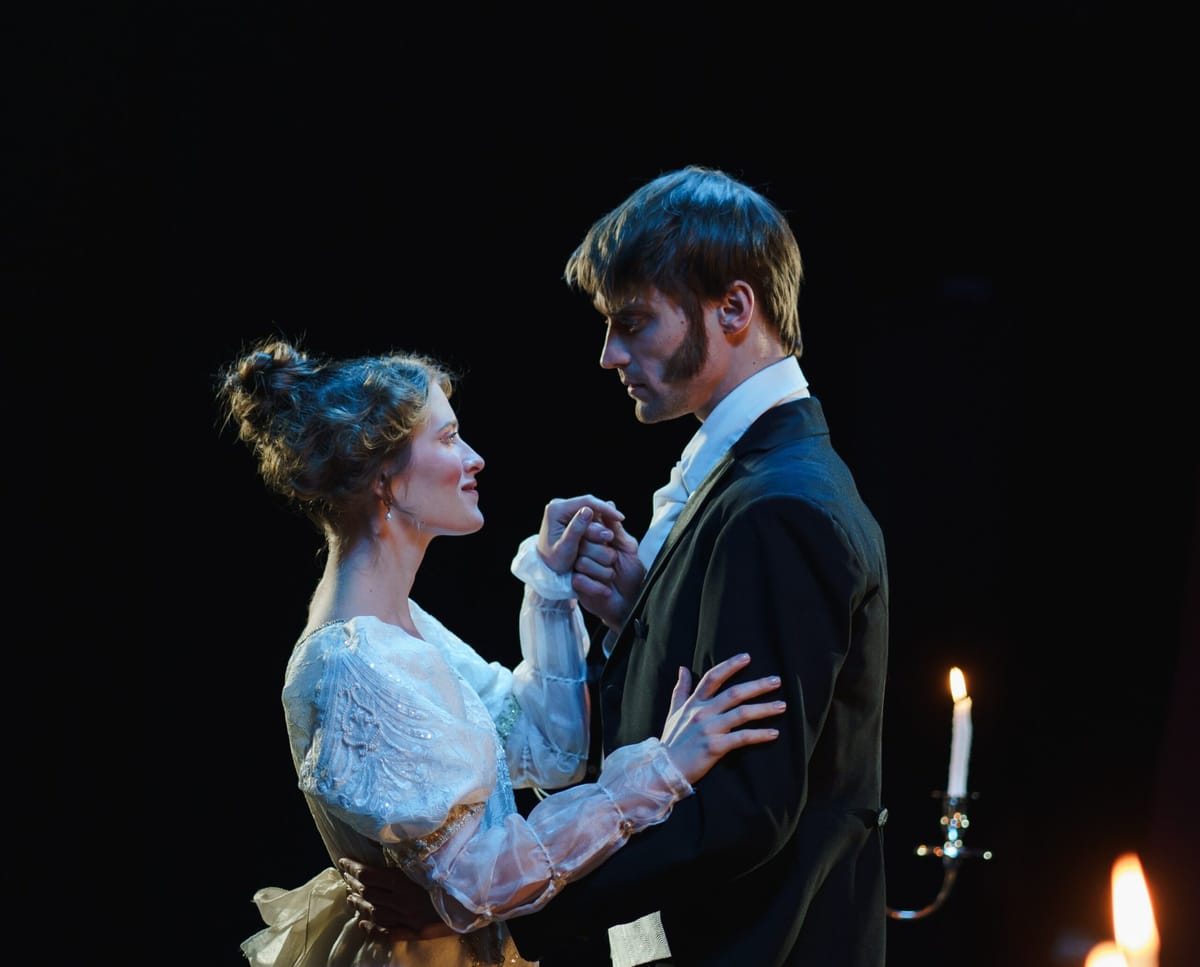4 great love duets & why they’re awkward

Everyone likes a good love duet, right? We do too, but even some of opera’s best scenes of romance come with something a little cringe-worthy. Things like women being forced into marriages, lovers lying to each other, people declaring love for their own twin, that sort of thing. Since you’ll likely get your dose of sweets on this Valentine’s Day, we figured we’d go the more sour route. Here are four great opera duets, and the reasons that they’re squicky.
Nero & Poppea
The heart wants what it wants, right? Emperor Nero likely isn’t the only person who found true love in someone other than their spouse, so let’s be careful not to bash the messenger. But in Monteverdi’s L’incoronazione di Poppea, Nerone essentially shoves his wife Octavia on a boat and banishes her from Rome, so that he can make things official with his beloved courtesan, Poppea.
Honestly, Nero could just sleeping with Poppea without ditching his wife – the problem doesn’t seem to be that Octavia knew her husband had something on the side. But no, Nero wants Poppea to be named Empress, and let the whole world know that when he takes a lover, he means business.
It’s almost a slap in the face that it’s so beautiful, but here’s the final duet from L’incoronazione di Poppea, where two people are super happy and a lot of other people are not.
Gilda & “Gualtier Maldè”
This duet from Verdi’s Rigoletto is full of lies! The Duke of Mantua hits on Gilda, moments after learning that she’s Rigoletto’s daughter (a tasty conquest, no doubt), and hearing her talk about the huge crush she has on him. Basically, all the cards are stacked in the Duke’s favour, and he tries the whole “I’m a poor student” schtick to seal the deal.
There’s nothing wrong with a Don Juan-type per se, but it’s eerie to watch a young, sheltered, completely helpless young woman get seduced – used, really – by an older rich guy who’s not ashamed of lying.
Pinkerton & Cio-Cio San
More lies! Although to be fair, if you were to sit down with B.F. Pinkerton and ask him about his marriage to Cio-Cio San, you’d likely find more ignorance than malevolence. Their relationship is lop-sided in the same way as Gilda’s is with the Duke/Maldè. Their Act I duet in Puccini’s Madama Butterfly has all the flavour of a passionate love scene, and there’s certainly enthusiasm on both sides.
Yet Cio-Cio San is singing about life-long marriage and the happiness and stability it would bring her; Pinkerton is singing about experiencing the world, marvelling at the obedience and admiration in the eyes of his young Japanese wife, and getting excited to have some exotic sex with her. And never forget that line about Cio-Cio San being fifteen years old… yikes.
Sieglinde & Siegmund
Yes, North mythology. Yes, divine twins. But there’s something about romantic love between twin siblings – like the love between Siegmund and Sieglinde in Wagner’s Die Walküre – that makes us a little squeamish (and we doubt we’re a minority). On the one hand, it’s a beautiful thing to meet a person who seems to really get you, who understands you deeply. The twin bond can be a strong one, but leave it to mythology (and to Wagner) to take the idea and run with it – perhaps too far.
Still, the music’s pretty amazing.
By Jenna Simeonov. Republished with permission from Schmopera.





